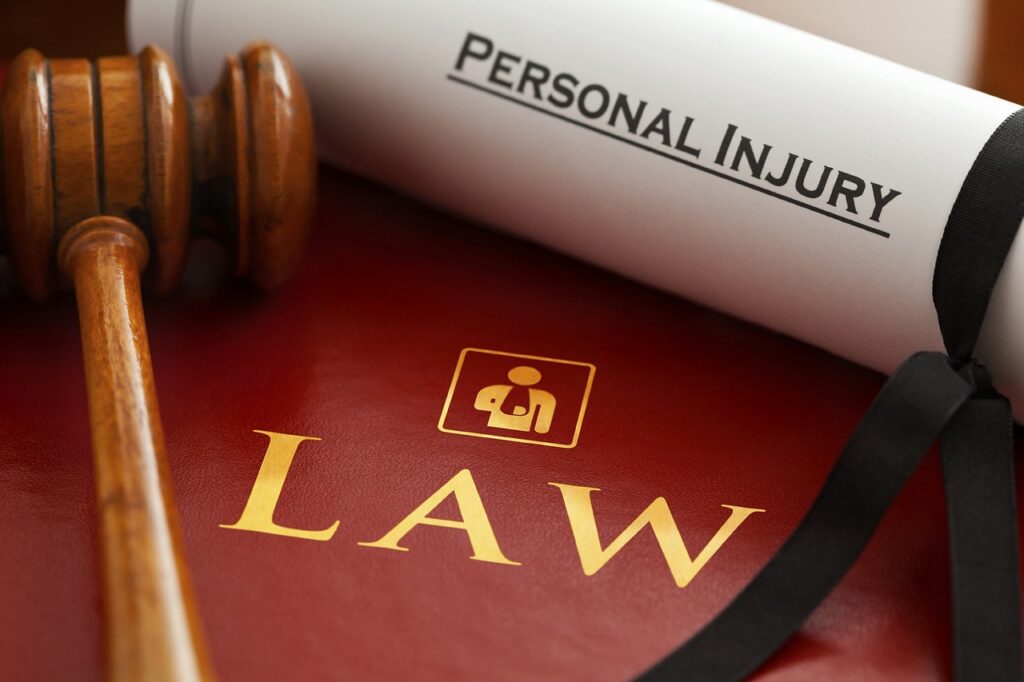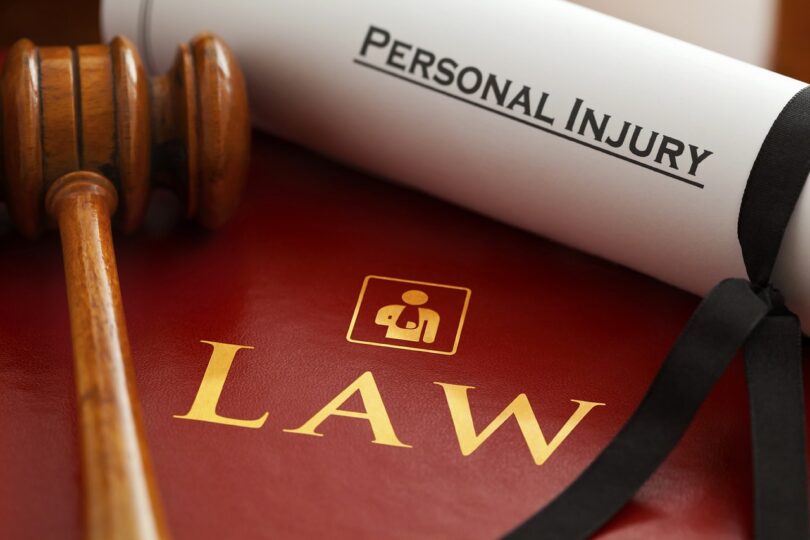
Personal Injury Protection (PIP) is a crucial component of auto insurance that provides coverage for medical expenses and, in some cases, lost wages and other expenses resulting from a car accident. PIP is mandatory in some states and optional in others, but understanding how it works can help you make informed decisions about your auto insurance coverage. In this guide, we’ll delve into PIP, its benefits, and how it differs from other types of coverage.
What is Personal Injury Protection (PIP)?
PIP is a type of auto insurance coverage that pays for medical expenses and, in some cases, lost wages and essential services expenses resulting from a car accident, regardless of who was at fault. It is often referred to as “no-fault” coverage because it provides benefits without requiring the determination of fault in the accident.
Key Features of PIP Coverage
1. Medical Expenses
The primary purpose of PIP coverage is to pay for medical expenses incurred as a result of a car accident. This can include hospital bills, doctor’s fees, surgery costs, medication, rehabilitation, and even funeral expenses in the unfortunate event of a fatal accident.
2. Lost Wages
In addition to medical expenses, PIP can also provide coverage for lost wages if you are unable to work due to injuries sustained in the accident. This feature can be particularly valuable, as it helps ensure you have income while recovering.
3. Essential Services Expenses
Essential services expenses cover the cost of hiring someone to perform household tasks you can no longer do due to your injuries. This can include chores like cooking, cleaning, and yard work.
4. Funeral Expenses
In case of a fatal accident, PIP can cover funeral and burial expenses, alleviating the financial burden on your family during a challenging time.
PIP vs. Bodily Injury Liability Insurance
It’s essential to distinguish PIP from Bodily Injury Liability Insurance, as they serve different purposes:
- PIP: Provides coverage for your medical expenses and related costs, regardless of who is at fault in the accident. It is designed to protect you and your passengers.
- Bodily Injury Liability Insurance: Covers the medical expenses and related costs of others involved in an accident if you are at fault. It is designed to protect you from liability claims brought against you by others.
PIP Laws by State
PIP is not required in all states, and the coverage options and limits can vary significantly. Some states have “choice” or “no-fault” systems that allow drivers to opt-out of PIP if they meet specific criteria. Others require PIP coverage as a mandatory part of auto insurance policies.
Before purchasing or renewing your auto insurance policy, it’s crucial to understand the PIP laws in your state and the coverage options available to you.
Frequently Asked Questions (FAQs)
Is PIP coverage mandatory in my state?
PIP requirements vary by state. Check your state’s insurance regulations or consult with your insurance provider to determine if PIP is mandatory in your area.
How does PIP differ from health insurance?
PIP is designed specifically to cover medical expenses resulting from car accidents, whereas health insurance covers a broader range of medical expenses. PIP may also cover expenses like lost wages and essential services that health insurance typically does not.
Can I use PIP coverage for non-car accident-related injuries?
No, PIP coverage is intended solely for injuries sustained in car accidents.
What factors affect the cost of PIP coverage?
Several factors can influence the cost of PIP coverage, including your state’s regulations, coverage limits, deductible, and your driving history.
Is PIP coverage worth it if I already have health insurance?
Even if you have health insurance, PIP can provide valuable additional coverage, such as coverage for lost wages and essential services. It can be especially beneficial if you have a high deductible health insurance plan.
How do I file a PIP claim?
If you’re involved in a car accident and have PIP coverage, contact your insurance provider immediately to start the claims process. They will guide you through the necessary steps.
Conclusion
Personal Injury Protection (PIP) is an essential component of auto insurance that can provide crucial coverage in the event of a car accident. Whether it’s covering medical expenses, lost wages, or essential services, PIP offers peace of mind and financial security during challenging times. Understanding your state’s requirements and the specifics of your PIP coverage is essential to ensure you have the protection you need.
In summary, PIP is a valuable safety net that can help you and your passengers recover from the physical, emotional, and financial consequences of a car accident, making it a vital aspect of responsible auto insurance planning.

